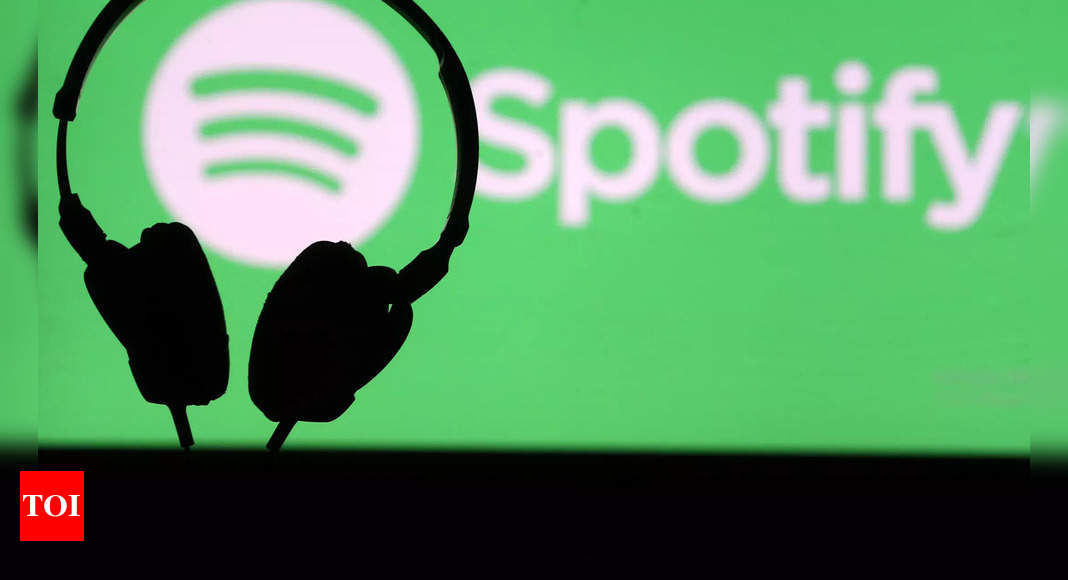
Spotifyhas officially changed its streaming payment policy for artists and labels. In its official blog post, the Swedish music-streaming platform has announced that songs that don’t meet the minimum threshold of 1,000 streams per year won’t be eligible for any payments. Earlier, Spotify has been criticised for underpaying artists and this new monetisation policy is expected to affect scammers as well as smaller artists.Meanwhile, the company claims that this change will eliminate fraud on the platform and the money saved due to this change will be redistributed to established artists.
What is artificial streaming and how Spotify is planning to stop it
Spotify claims that fake content creators often try to “game the system” by posting huge volumes of tracks which adds up and helps them to get a hefty payout over time. In the blog post, the company explains this is artificial streaming that uses AI to increase streams. So, the company’s 1,000 play threshold will stop scammers from generating “pennies from an extremely high volume of tracks.” In this case, smaller artists will be just collateral damage to this change.
The company will also not allow artists with under 1,000 streams in the last 28 days to participate in its recently launched marketing toolset. This helps artists to pay the streaming platform for their placement on home feeds.
Spotify claims that these combined cuts will provide an additional $1 billion toward artists in the next five years. However, the company hasn’t offered details as to how the funds would be redistributed. The blog post said that Spotify will “not make additional money under this model.”
As per the blog post, 99.5% of all streams meet the above eligibility but also stated that the remaining 0.5% account for just $40 million per year. This number is much lower for adding up to $1 billion in five years. Spotify also claims that songs with less than 1,000 annual streams generate an average of $3 per year. The company also claims to pay out over $40 billion to the music industry.
The company is also making changes to the payment policy for “noise” content which includes white noise like recordings of rain falling on a rooftop and more. These changes won’t affect all noise recordings except the ones that are under two minutes in length. Currently, Spotify is looking to adjust the royalty model for noise recordings and will keep the payouts lower than songs. Apart from this, the company didn’t offer any specific details.
